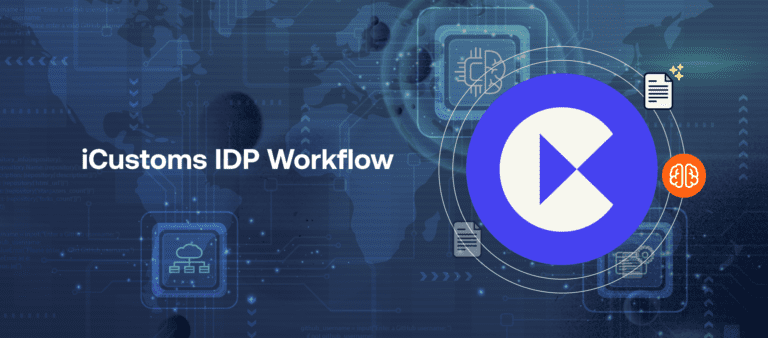Fast & Accurate ENS GB & EU ICS2 Solutions Built for You.
How UK's CPTPP Membership and Technology Will Reshape International Trade
-
Freya Jane
- Director of Customer's Success
After nearly two years of negotiations, Britain has joined the 11-member strong Asia-Pacific trade bloc that includes Japan and Australia.
The Comprehensive and Progressive Agreement for Trans-Pacific Partnership (CPTPP) presents a significant opportunity to expand its trading relationships beyond the European Union (EU) and drive economic growth.
The CPTPP is a free trade agreement between 11 countries, including Australia, Canada, Japan, Mexico, New Zealand, Singapore, and Vietnam.
It represents a market of around 500 million people and a combined GDP of over $13 trillion i.e. about 13% of the world’s income
Joining the CPTPP will give the UK better access to markets in the Asia-Pacific region, which is expected to be a major driver of global economic growth in the coming years.

Role of innovative technologies
As the UK joinied the CPTPP, it’s important to think about the role of trade automation in making trade easier and making customs procedures more efficient.
Trade automation can make it much easier for CPTPP members to trade with each other by making customs procedures more efficient and reducing the amount of paperwork that needs to be done.
For instance, iCustoms automated customs clearance systems can cut down on the time and money needed to process import and export paperwork. This makes it easier for UK businesses to trade with other CPTPP members.
These systems can also improve the accuracy and transparency of customs procedures, reducing the risk of errors and delays.
This could help boost the efficiency and competitiveness of UK businesses and reduce the barriers to trade with other CPTPP members.
However, joining the CPTPP also requires the UK to meet high standards on customs procedures and trade facilitation issues. The CPTPP includes provisions to promote the use of electronic customs procedures and to simplify import and export processes. The UK will need to demonstrate its commitment to these issues.
Challenges for CPTPP members
Here are some of the key challenges the UK will have to face as a CPTPP member:
- Implementation of the agreement: CPTPP member countries need to implement the provisions of the agreement in their domestic laws and regulations. This can be a complex process and may require significant resources.
- Adapting to changes in global trade: The CPTPP is a dynamic agreement that is designed to adapt to changes in global trade. Member countries need to keep up with these changes and ensure that their policies and regulations remain up-to-date.
- Balancing domestic and international priorities: CPTPP member countries need to balance their domestic priorities with their obligations under the agreement. This can be challenging, as some domestic policies may conflict with the provisions of the agreement.
- Managing trade disputes: The CPTPP includes dispute settlement mechanisms that can be used by member countries to resolve trade disputes. However, managing these disputes can be challenging and may require significant resources.
- Ensuring compliance: CPTPP member countries need to ensure that they comply with the provisions of the agreement. This can be challenging, as compliance may require changes to domestic policies and regulations.
Conclusion
In conclusion, despite some challenges, joining the CPTPP presents a significant opportunity for the UK to expand its trading relationships and drive economic growth.
Trade automation can play an essential role in facilitating this trade and streamlining customs procedures, reducing administrative burdens, and improving the efficiency and competitiveness of UK businesses.
However, meeting the high standards set by the CPTPP on issues such as customs procedures and trade facilitation will be critical to staying as a member and ensuring that the benefits of joining the agreement are fully realized.
